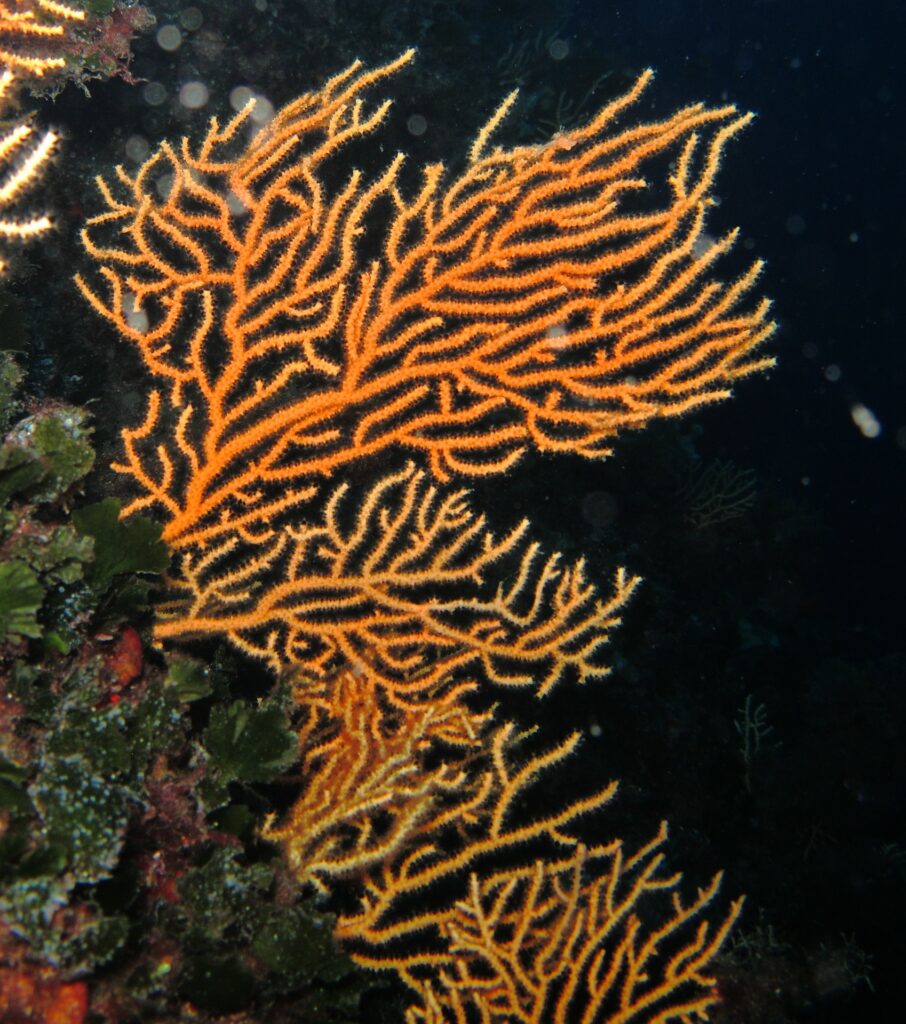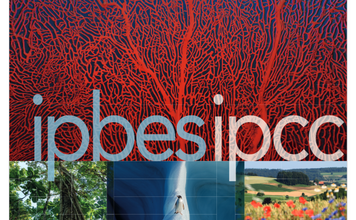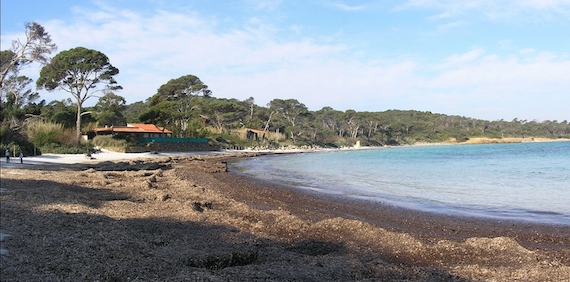Home » Scientific news » Page 12
Scientific news
The scientific knowledge on climate and environmental change in the Mediterranean evolves rapidly. In this section we collect and present the recently published scientific articles, reports, books, policy papers and other contents on these issues. Do not hesitate to contact us and share with us the publications of an interest to the community.

Scientific Publications
Abstract of the chapter: Climate change is one of the biggest emerging threats to marine biodiversity in the Mediterranean Sea. In this chapter, we focus on the recurrent and large scale mass mortality events (MMEs) induced by marine heatwaves (MHWs),…...

Scientific Publications
This study presents a synthesis of the state of the art, with particular incidence in the first results of MedECC and the most recent bibliography on floods trend. Abstract Floods are the most important risk in the Mediterranean region, both…...

In December 2020, 50 of the world’s leading biodiversity and climate experts, selected by a 12-person Scientific Steering Committee assembled by IPBES and IPCC, participated in a four-day virtual workshop to examine the synergies and trade-offs between biodiversity protection and…...

Scientific Publications
Abstract: The ocean contains unique biodiversity, provides valuable food resources and is a major sink for anthropogenic carbon. Marine protected areas (MPAs) are an effective tool for restoring ocean biodiversity and ecosystem services, but at present only 2.7% of the ocean…...

Scientific Publications
ABSTRACT Sea level rise (SLR) is projected to have severe consequences for people and assets in European coastal areas. Planning for SLR is a critical step to ensure timely and adequate responses. Despite our rapidly increasing understanding of SLR impacts…...

Scientific Publications
This paper analyses the way that key actors in climate change adaptation and disaster risk reduction in Europe interact with each other. It is important to understand such dynamics to draw tentative recommendations that would support communication and collaboration interactions…...

